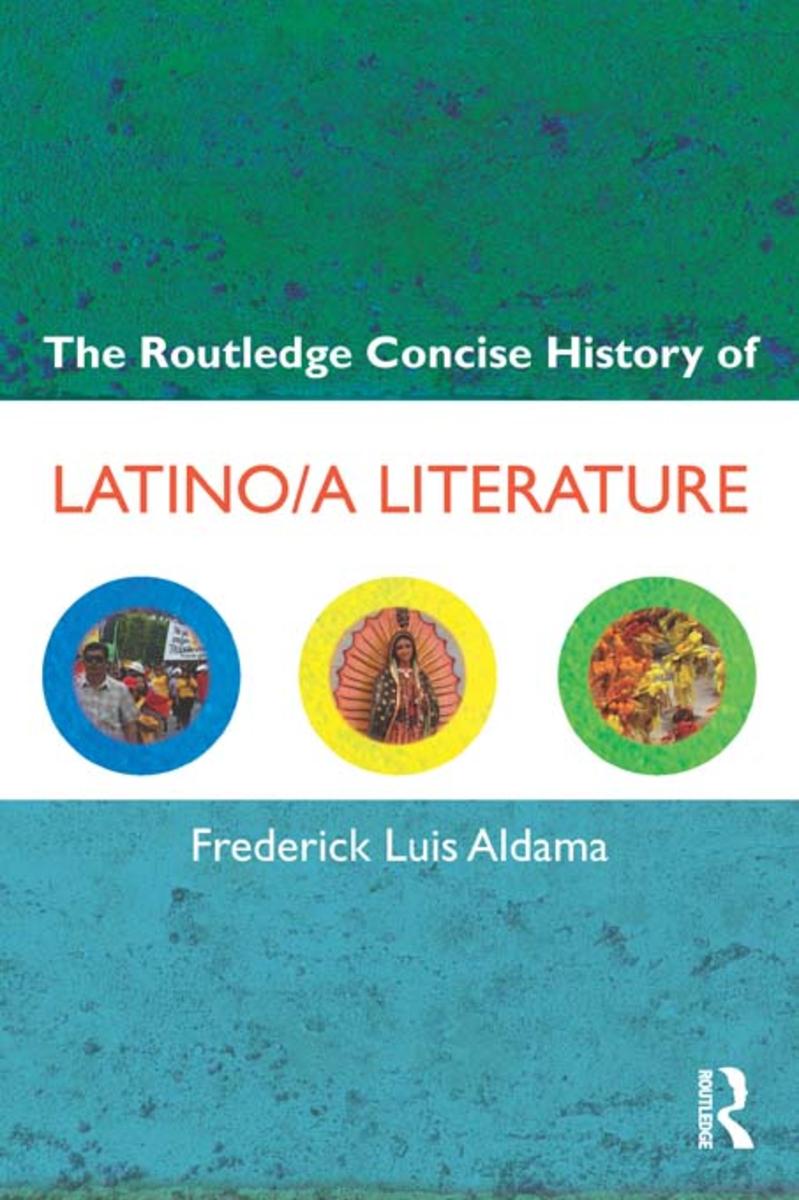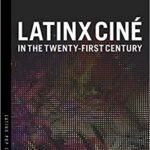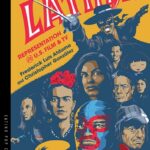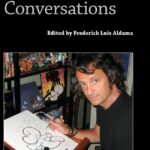The Routledge Concise History of Latino/a Literature
Topics: History, Latino, Literature

Buy
The Routledge Concise History of Latino/a Literature presents the first comprehensive overview of these popular, experimental and diverse literary cultures.https://professorlatinx.la.utexas.edu/wp-content/uploads/2017/07/Cover-routledge-concise-history-of-latino-a-literature-200×300.jpg
Frederick Luis Aldama traces a historical path through Latino/a literature, examining both the historical and political contexts of the works, as well as their authors and the readership. He also provides an enlightening analysis of:
- the differing sub-groups of Latino/a literature, including Mexican American, Cuban American, Puerto Rican American, Dominican American, and Central and South American émigré authors
- established and emerging literary trends such as the postmodern, historical, chica-lit storytelling formats and the graphic novel
- key literary themes, including gender and sexuality, feminist and queer voices, and migration and borderlands.
The author’s methodology and interpretation of a wealth of information will put this rich and diverse area of literary culture into a new light for scholars. The book’s student-friendly features such as a glossary, guide to further reading, explanatory text boxes and chapter summaries, make this the ideal text for anyone approaching the area for the first time.
What The Critics Say
New West Indian Guide
To write a concise history of Latino/a literature seems like an impossible task. (As co-editor of the mammoth, 47-chapter Routledge Companion to Latino/a Literature, I know this to be true.) One might try to collapse the long history and cultural heterogeneity of the field into one coherent canon, but such a canon would inevitably reproduce stereotypes and counterproductive exclusions. “Latino/a” is a term designed to encompass a variety of groups: Mexican Americans, Puerto Ricans, Cuban Americans, Dominican Americans, and, increasingly, u.s. residents of Central and South American descent. The literature it refers to crosses national, racial, and linguistic borders and disrupts generic conventions. Latino/a literature, by definition, resists circumscription by any single framework.
Frederick Luis Aldama’s new book does an excellent job of pointing out the difficulties of the task and highlighting the diversity of the field. Its range is impressively broad, and Aldama consistently reminds readers of the challenge of trying to fit this unwieldy conglomerate into one linear history. The style he settles on does not make for seamless reading. . . .
In short, this is a densely layered, inter-textual book. The overall effect is dialogic; one gets the feeling that the book is a product of a community of scholars, and decades of scholarly effort, rather than the perspective of one self-proclaimed expert. This is a brilliant solution to the problem of summarizing a diverse field. Making it too easy or too seamless would do violence to the complexity of Latino/a literature. . . .
It will be a useful tool for students new to the field, teachers who want to supplement their knowledge, or experts looking for new corners of the field that are not usually explored. I am glad Aldama wrote it.
El Paso Times
Frederick Luis Aldama has taken on a herculean task in writing The Routledge Concise History of Latino/a Literature… e has written an invaluable resource that will be used by teachers, students and any lover of literature for many years to come.
Where To Buy
From Amazon | From Routledge | From Barnes & Noble


